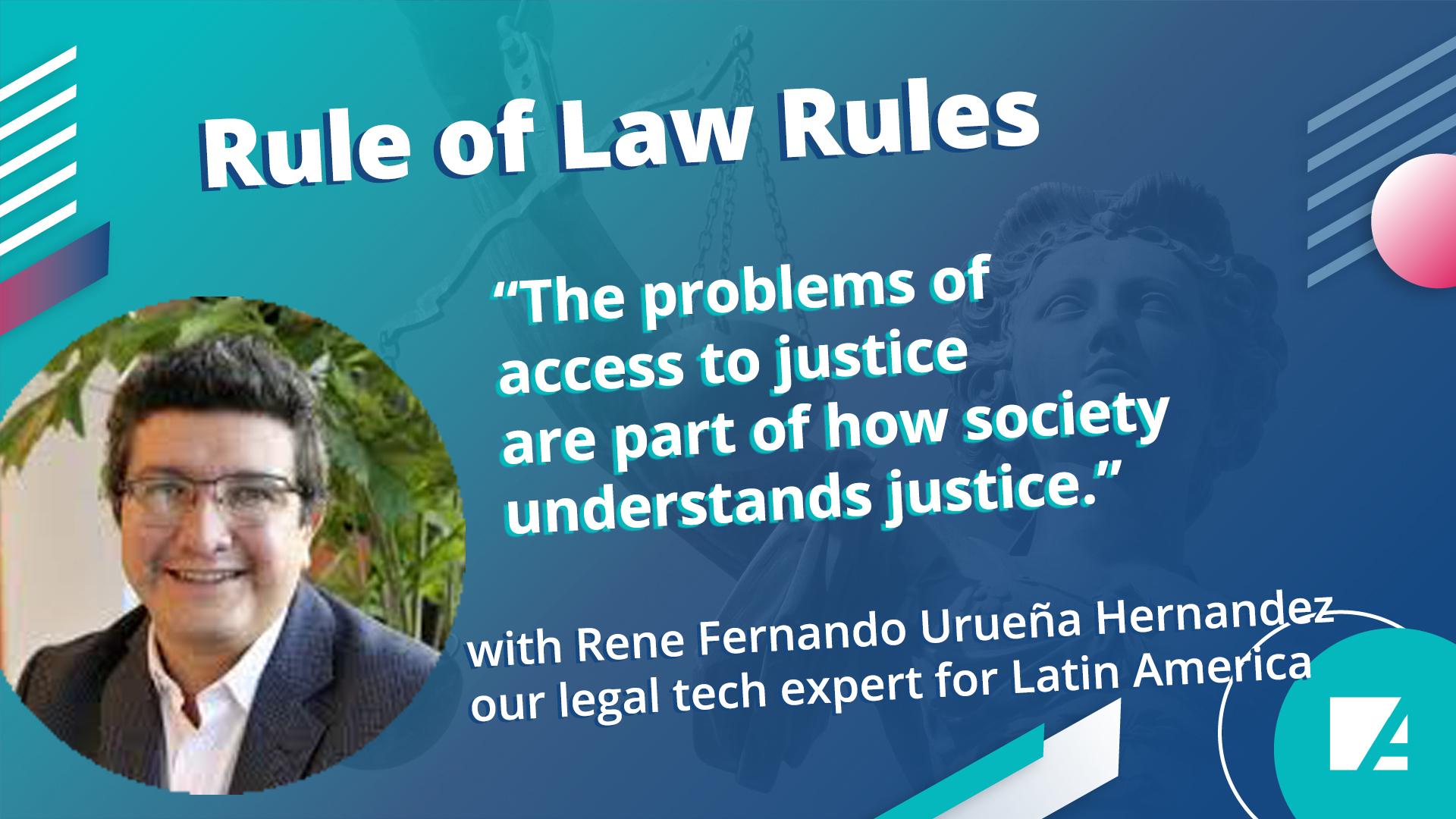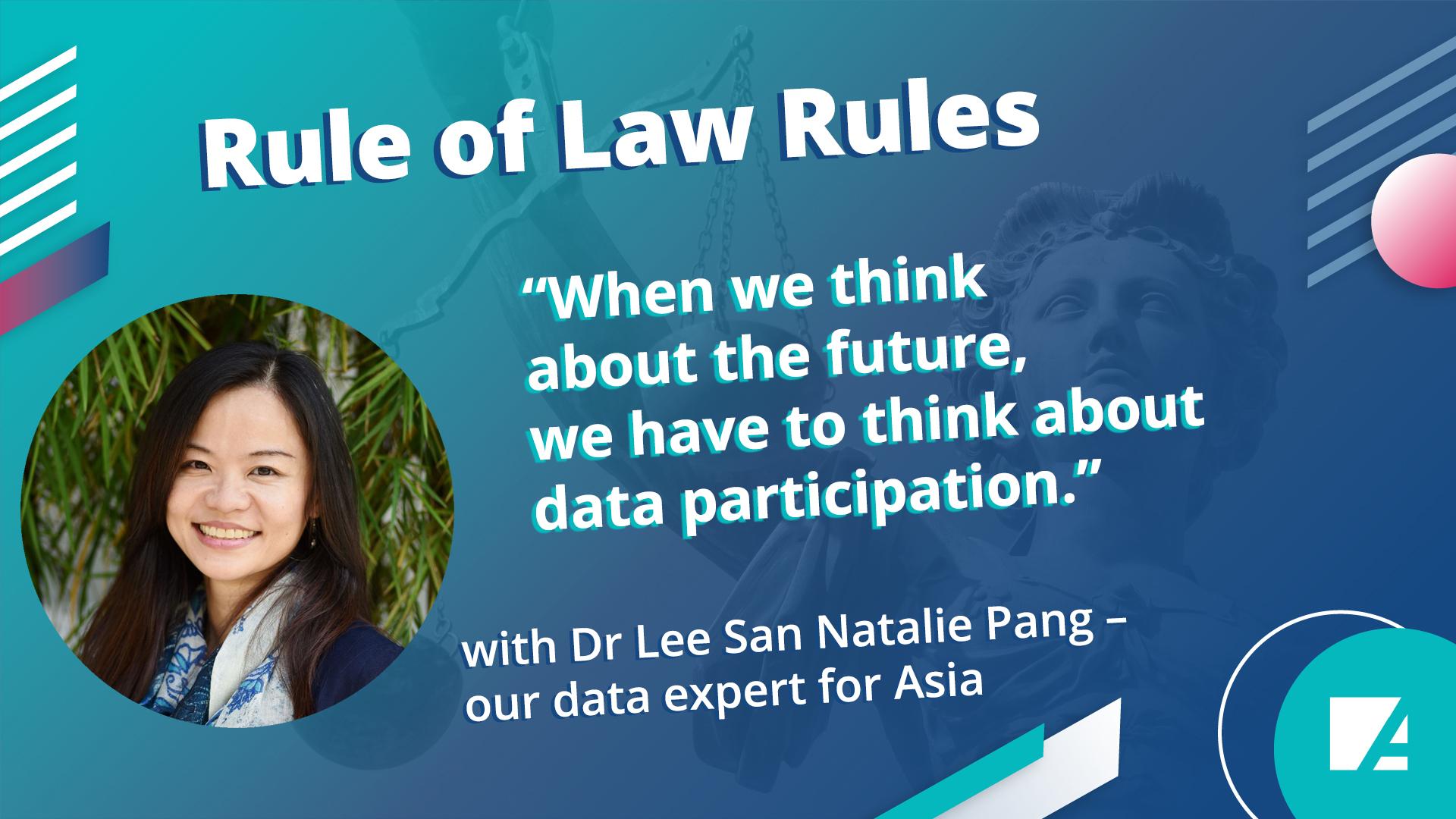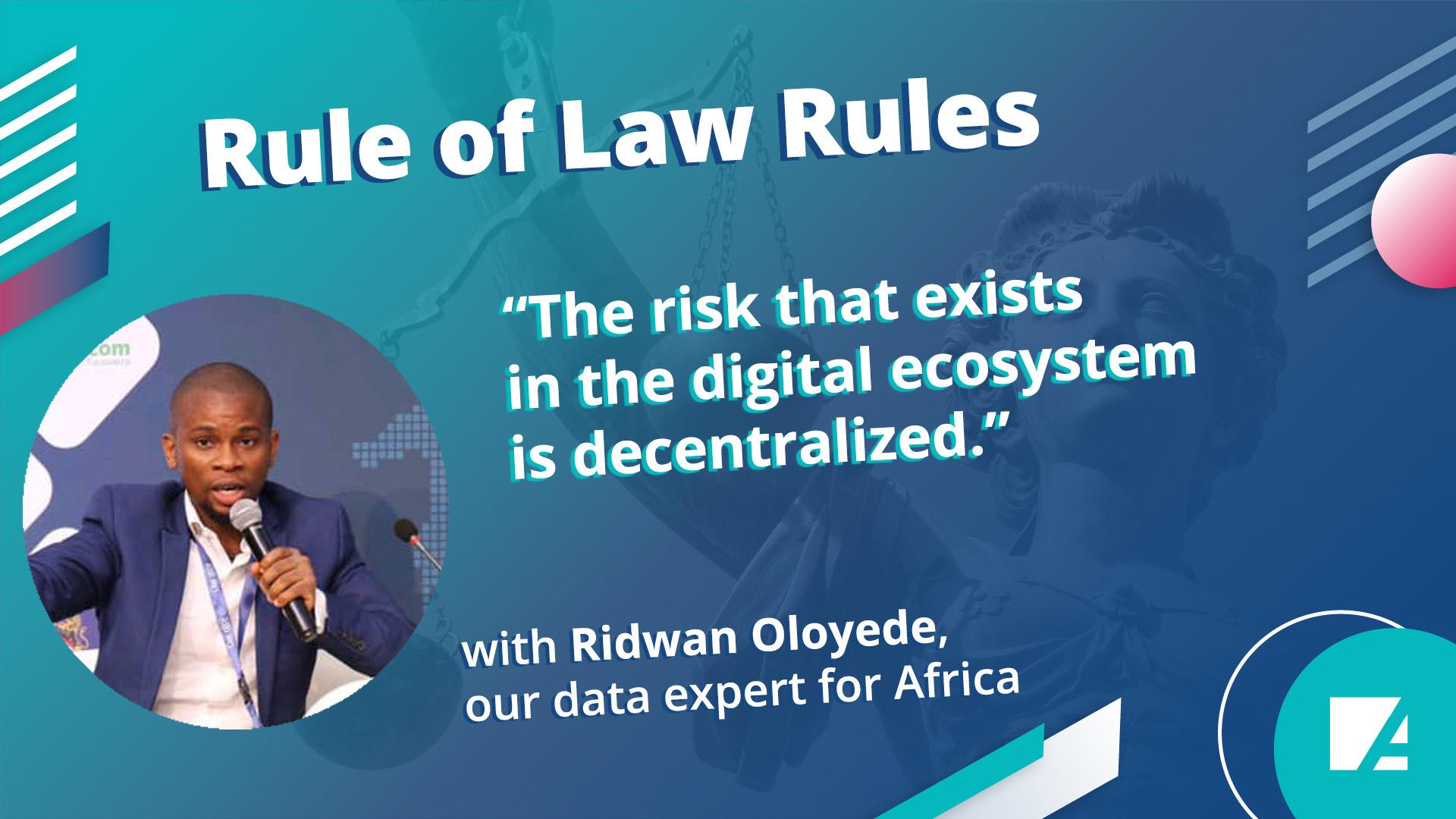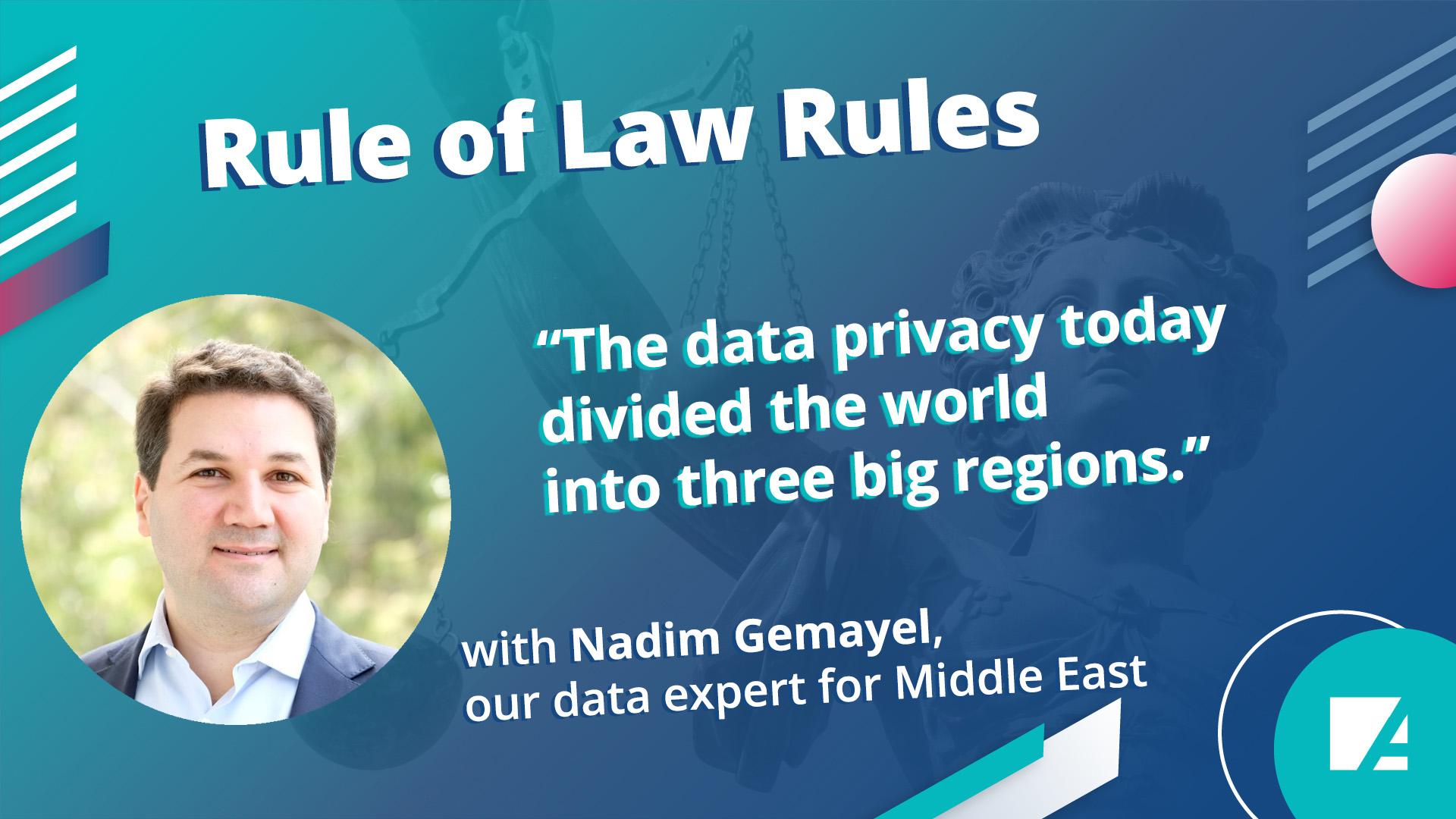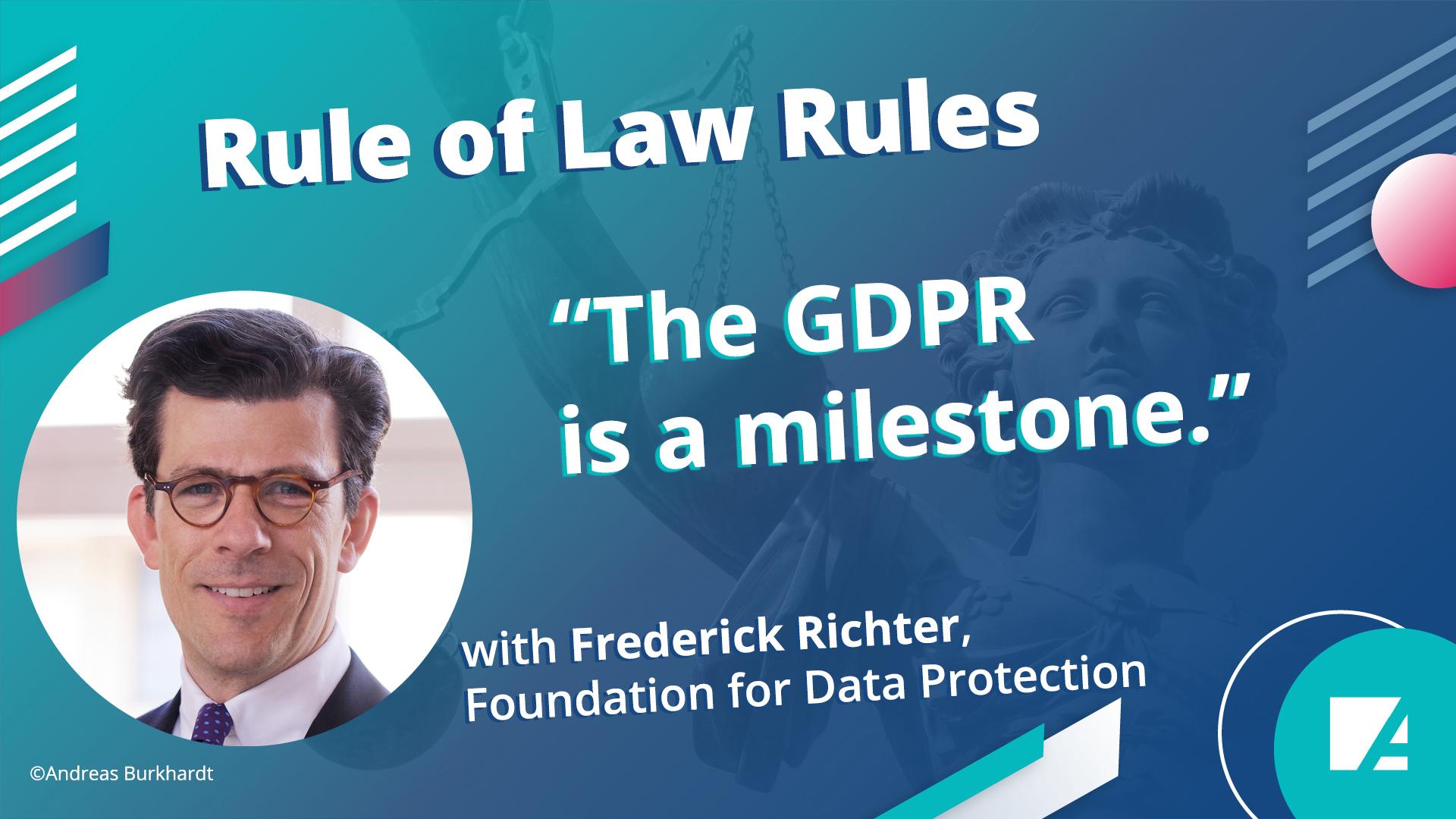Global competition in the development of artificial intelligence (AI) applications has increased significantly, not least due to the easy access and extraordinary capabilities of generative language programmes such as ChatGPT or Bard. They are regarded as a basic technology from which further innovative products and services can emerge, which in turn can increase the productivity of entire economies.
With the growing importance of AI, the critical debate surrounding it is also increasing. The public threat scenarios used to describe the risks of AI range from the idea of an AI that will soon become a reality, disempowering humans and encompassing all aspects of life, to comparisons with the destructive power of a nuclear bomb. This is followed by concerns about possible job losses and manipulative deepfakes. The call for regulation is getting louder. However, this has not reduced competition for the development of powerful AI. On the contrary, it has flared up and is taking place along their global value and supply chains. The efforts of many governments to strategically define and specifically expand this area are correspondingly high.
The competition is being led by system rivals the USA and China, which are highly motivated to defend and expand their leading positions. Which of the two powers leads the race, which countries take the next places and how Germany ranks among them depends on the perspective being assessed. However, it is recognisable that the current geopolitical dynamics in the development of generative AI, the manufacture of computer chips, the development of quantum computers and the regulatory environment have an influence on this. This presents opportunities for German AI development that must be seized. The opportunities that arise from this include the promotion of access to domestic data, the further development of the economic framework conditions for chip production in Germany, the development of our own and the demand for competitive regulation of AI.
This publication is only available in German.




